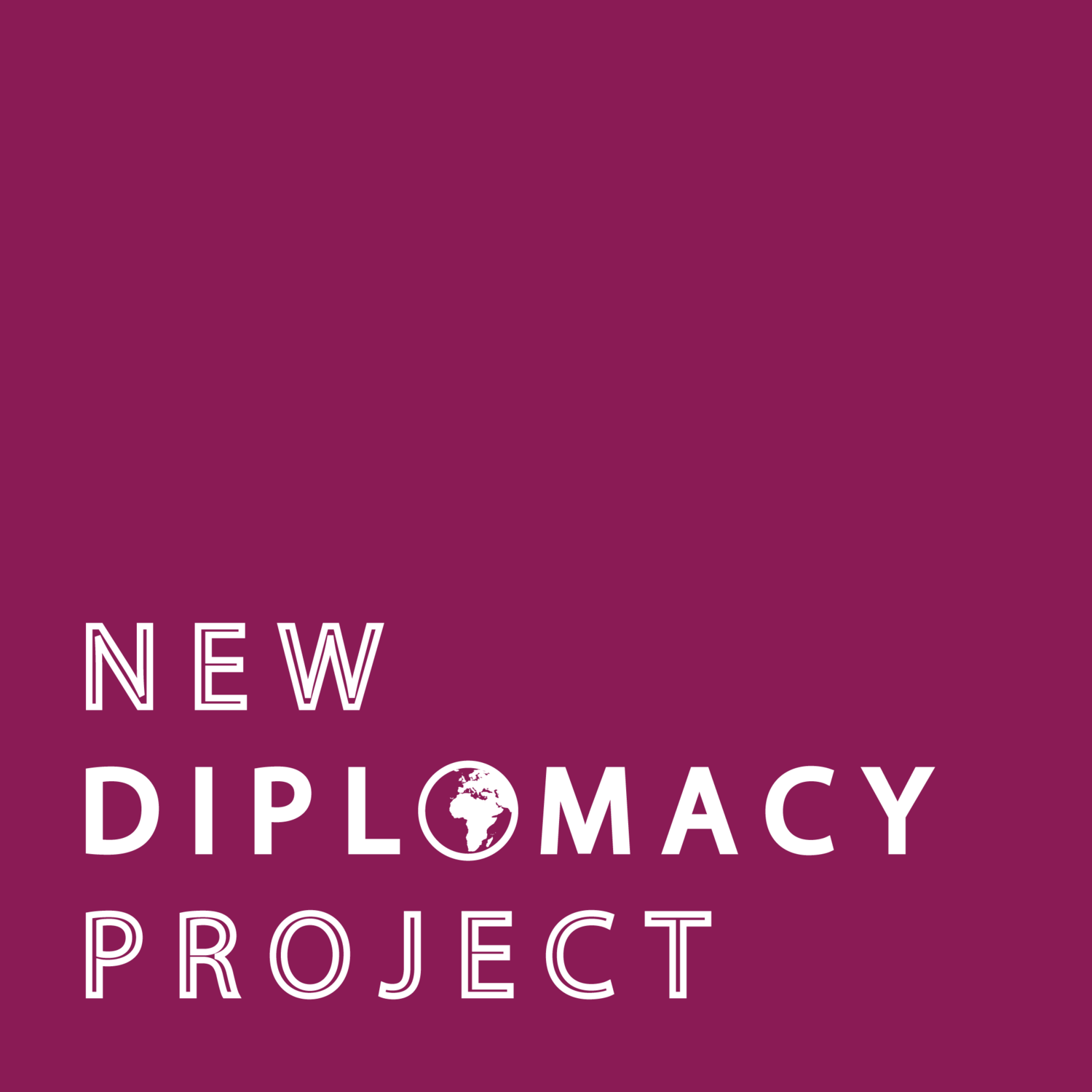In the deep freeze: Franco-British relations after Brexit
Top lines
The UK’s full exit from the EU at the end of the Transition Period has led to competition increasingly supplanting cooperation between the UK and France on key policy issues, including the Northern Ireland Protocol, fishing licences and the worsening Channel crossings situation.
This trend, in conjunction with provocative rhetoric on both sides of the Channel, has stoked tensions between the two countries, which is damaging core UK national interests.
The political context means that the risks of further tensions are likely to rise further.
However, there are areas for cooperation between the UK and France, including climate, security, public health and migration. A constructive, diplomatic approach would seek to maximise these opportunities while mitigating key points of contention.
The Labour Party should apply pressure on the current UK Government in the areas highlighted, holding it to account for the commitments made under the UK-EU Trade and Cooperation Agreement (TCA), and doing the same with the French Government. This will build its credentials with France as an effective ‘government-in-waiting’ and credible interlocutor.
Photo: Prime Minister Boris Johnson reacts during an official welcome with France's President Emmanuel Macron and his wife Brigitte Macron during the G7 Leaders summit in Carbis Bay, 11 June 2021. Picture by Simon Dawson / No 10 Downing Street via Flickr.
